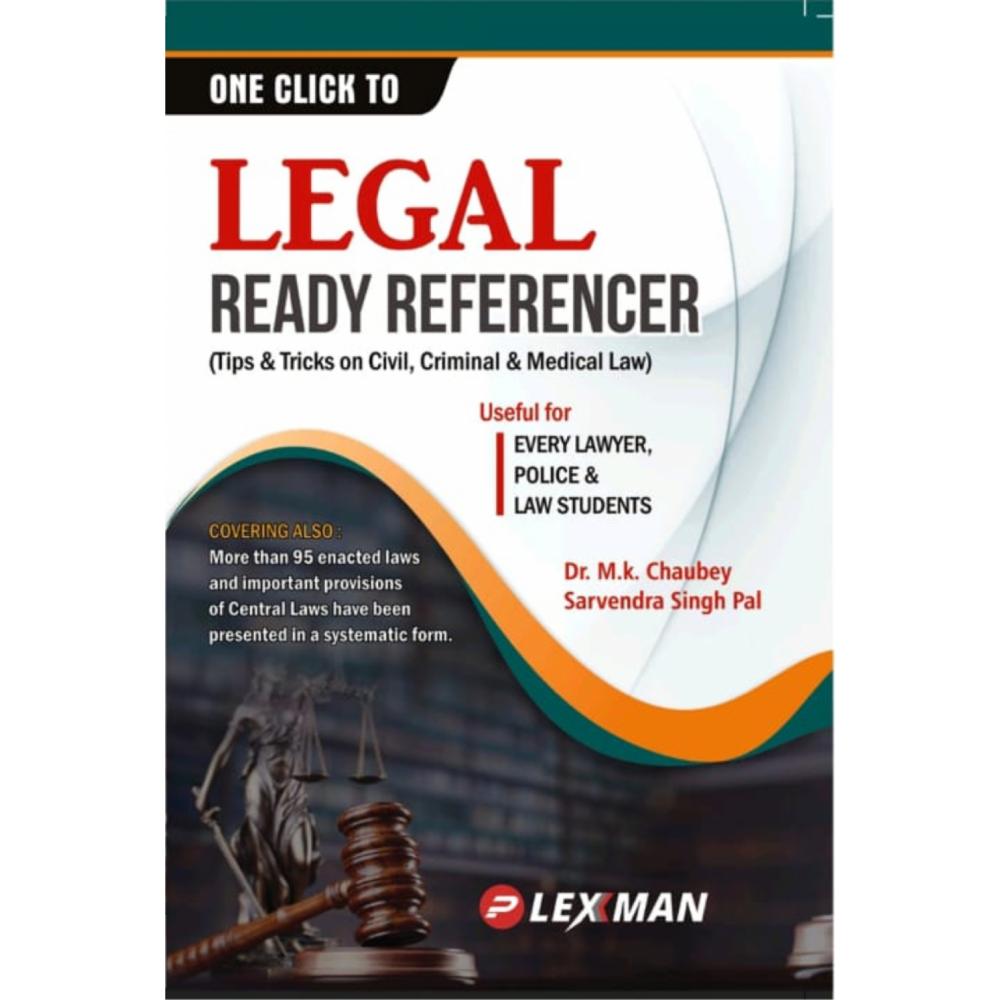
Criminal Defense Mastery: Essential Tips for Success

Navigating the Complexities of Criminal Defense
Criminal defense requires a nuanced approach that goes beyond legal expertise. Explore essential tips to navigate the complexities of criminal defense, ensuring a robust defense strategy and the protection of your client’s rights.
Thorough Case Evaluation
The foundation of a strong criminal defense begins with a thorough case evaluation. Scrutinize the evidence, witness statements, and legal precedents to identify strengths and weaknesses. This comprehensive analysis forms the basis for crafting a tailored defense strategy.
Strategic Legal Research
Successful criminal defense hinges on strategic legal research. Dive into relevant statutes, case law, and precedents to build a solid legal foundation. Stay abreast of recent legal developments that could impact the case. Strategic research empowers defense attorneys to anticipate and counter prosecution arguments effectively.
Effective Client Communication
Open and effective communication with the client is paramount. Establish trust, explain legal proceedings clearly, and manage expectations. Informed and engaged clients are better equipped to actively participate in their defense, fostering a collaborative attorney-client relationship.
Skillful Negotiation Techniques
Not all criminal cases go to trial; many are resolved through negotiation. Mastering skillful negotiation techniques is essential. Negotiate plea deals, reduced charges, or alternative sentencing options when appropriate. Effective negotiation can lead to more favorable outcomes for the client.
Diligent Evidence Gathering
Diligent evidence gathering is a cornerstone of a robust defense. Obtain and review all relevant evidence, including police reports, witness statements, and forensic data. Identify inconsistencies or discrepancies that can be leveraged to strengthen the defense strategy.
Crafting a Persuasive Defense Narrative
A persuasive defense narrative is crucial for presenting a compelling case. Craft a narrative that challenges the prosecution’s version of events and highlights favorable aspects for the defense. A cohesive and persuasive narrative enhances the defense’s overall effectiveness.
Expert Witness Collaboration
In cases requiring specialized knowledge, collaboration with expert witnesses is invaluable. Identify and engage experts who can provide insights on forensic evidence, mental health issues, or other technical aspects. Expert testimony can strengthen the defense’s position and provide a nuanced perspective.
Courtroom Presentation Skills
Effective courtroom presentation skills are a litigator’s asset. Practice clear and persuasive oral arguments, master courtroom etiquette, and engage with the judge and jury. A confident and composed courtroom demeanor enhances the credibility of the defense.
Staying Informed on Legal Developments
The legal landscape is dynamic, with laws and precedents evolving. Defense attorneys must stay informed on legal developments that may impact their cases. Regularly attend legal seminars, read legal publications, and engage in continuing legal education to stay abreast of changes.
Criminal Defense Tips
For comprehensive insights into criminal defense tips and valuable guidance, visit HighPointFamilyLaw.com. Explore resources that can further enhance your understanding of successful criminal defense strategies, ensuring you are well-prepared for the challenges ahead.
In conclusion, successful criminal defense requires a holistic approach that combines legal acumen, effective communication, and strategic thinking. By implementing these essential tips, defense attorneys can navigate the intricacies of criminal cases with skill and diligence, working towards the best possible outcomes for their clients.








